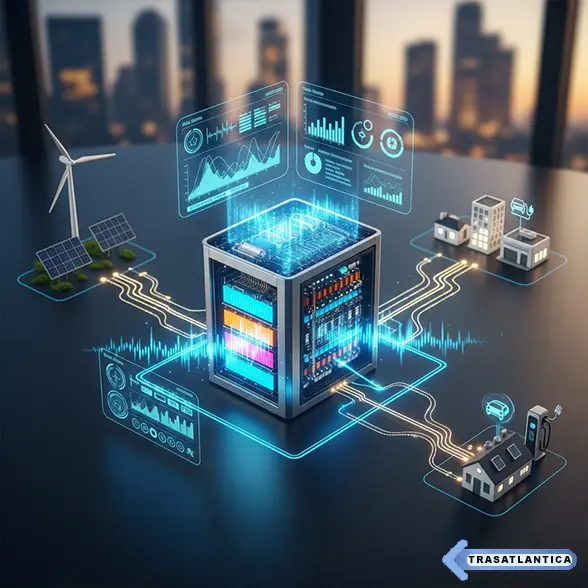Smart Grids rely heavily on energy storage to enhance efficiency and reliability. These systems enable balancing supply and demand in real time, integrating diverse energy sources seamlessly. By smoothing fluctuations from renewables, storage contributes to grid stability and resilience. As modern grids evolve, storage technologies become indispensable for managing complexity and optimizing operations.
Smart Grids and Storage Technology Integration
Integration of storage within smart grids facilitates advanced energy management. Storage units provide frequency regulation, peak shaving, and load shifting capabilities. These functions reduce strain on infrastructure and delay costly upgrades. Furthermore, distributed storage supports localized energy autonomy, empowering consumers and prosumers alike.
Economic Benefits of Storage in Smart Grids
Storage deployment lowers operational expenses by optimizing generation assets and minimizing energy losses. Utilities gain flexibility to respond to demand changes without resorting to expensive peaking plants. Additionally, storage supports demand response programs that incentivize efficient consumption patterns. These economic drivers accelerate adoption across various markets.
Policy and Regulatory Support for Energy Storage
Governments and regulators play a critical role in fostering storage integration. Policies now encourage investment through subsidies, tax incentives, and streamlined interconnection procedures. Regulatory frameworks are evolving to recognize storage as a valuable grid asset. International cooperation promotes knowledge sharing and harmonized standards, further advancing deployment.
Technological Advances Boosting Storage Capabilities
Emerging technologies focus on enhancing storage capacity, durability, and communication features. Innovations in battery chemistry and control systems improve performance and safety. Real time data analytics enable predictive maintenance and grid optimization. Collectively, these advances strengthen the role of storage in future smart grids.
In summary, energy storage is fundamental to realizing the full potential of smart grids. Its ability to balance supply and demand, reduce costs, and support sustainable energy transitions underscores strategic importance. Continued innovation and policy backing will drive widespread integration and transform power systems globally.
